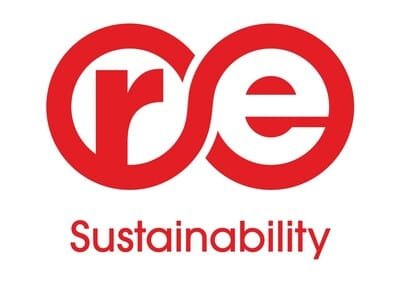Easing some foreign investment restrictions
A more aggressive divestment plan of state-owned enterprises (SOEs) and moves toward private participation in rail infrastructure, as proposed in the 2019-20 Budget, are likely to create growth opportunities for corporates across sectors, according to S&P Global Ratings on 8 July 2019.
However, the proposed Rs.70,000 crore injection into the banking sector as capital support to help stabilize financial sector conditions, is likely to weigh on government finances at the margin, it cautioned about the Budget, presented on 5 July 2019.
India’s (BBB-/Stable/A-3) emphasis on infrastructure investment, especially in railways and roads, along with the easing of some foreign investment restrictions should help to unlock productivity gains.
Infrastructure spending has always been a key reason for the fortunes of engineering, procurement, construction, and building materials companies.
The budget reaffirms this view and does not necessarily add spending programs beyond those already announced, said S&P.
“However, we believe the government’s growing emphasis on private sector participation reflects its limited fiscal space.”
Capital expenditure as a percentage of total proposed expenditure remains very low at just 12.1%, approximately equal to total expenditure on subsidies.
Elevated general government deficits and indebtedness will continue to cap direct infrastructure investment.
“We forecast the general government’s net indebtedness at 67.1% of GDP by the end of the current fiscal year on 31 March 2020, against a projected fiscal deficit of 6.7% of GDP,” said S&P.
On balance, fiscal settings are mostly unchanged.
General government deficits will remain elevated despite the marginal decline at the central government level to 3.3% of GDP this fiscal year projected in the budget.
In the context of fiscal constraints, a higher divestment and dividend target for SOEs may strain their credit profiles, especially if an SOE has to buy a government stake in another SOE or pay more dividends than free cash flow allows, to support these policy objectives.
The government’s stated plans to issue some foreign currency debt should not materially impact its debt profile because India’s external sovereign debt is quite limited.
This report does not constitute a rating action, added S&P. fiinews.com









